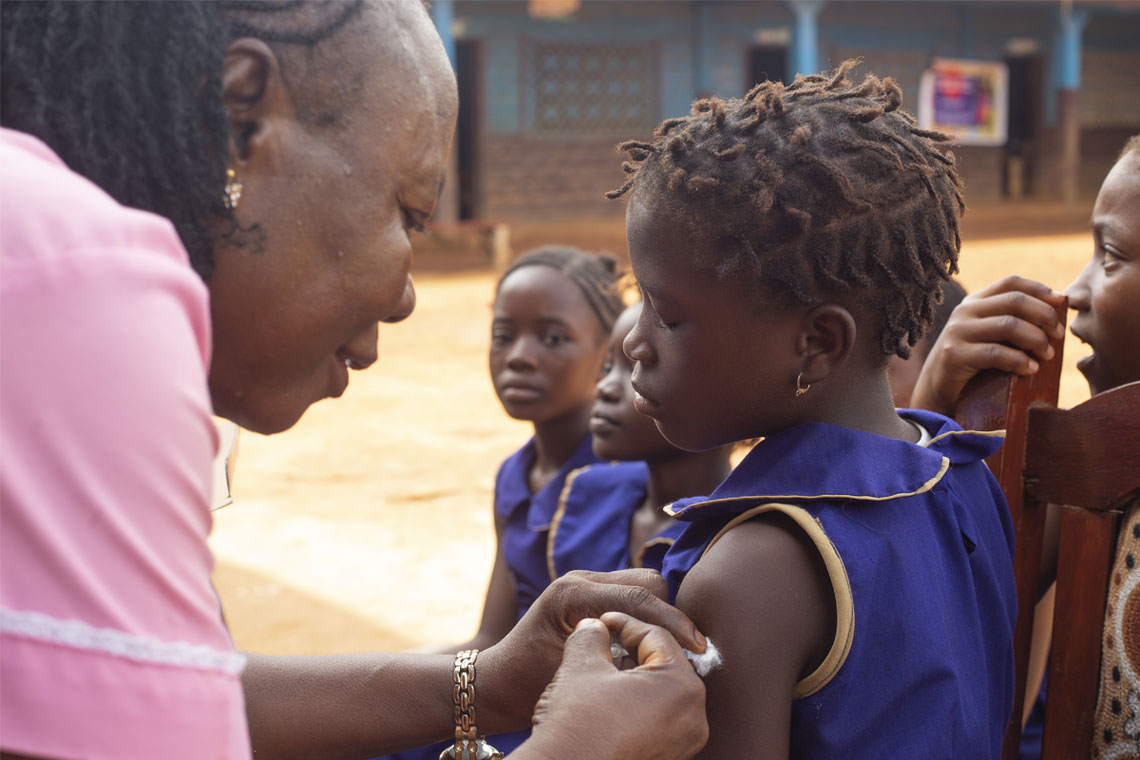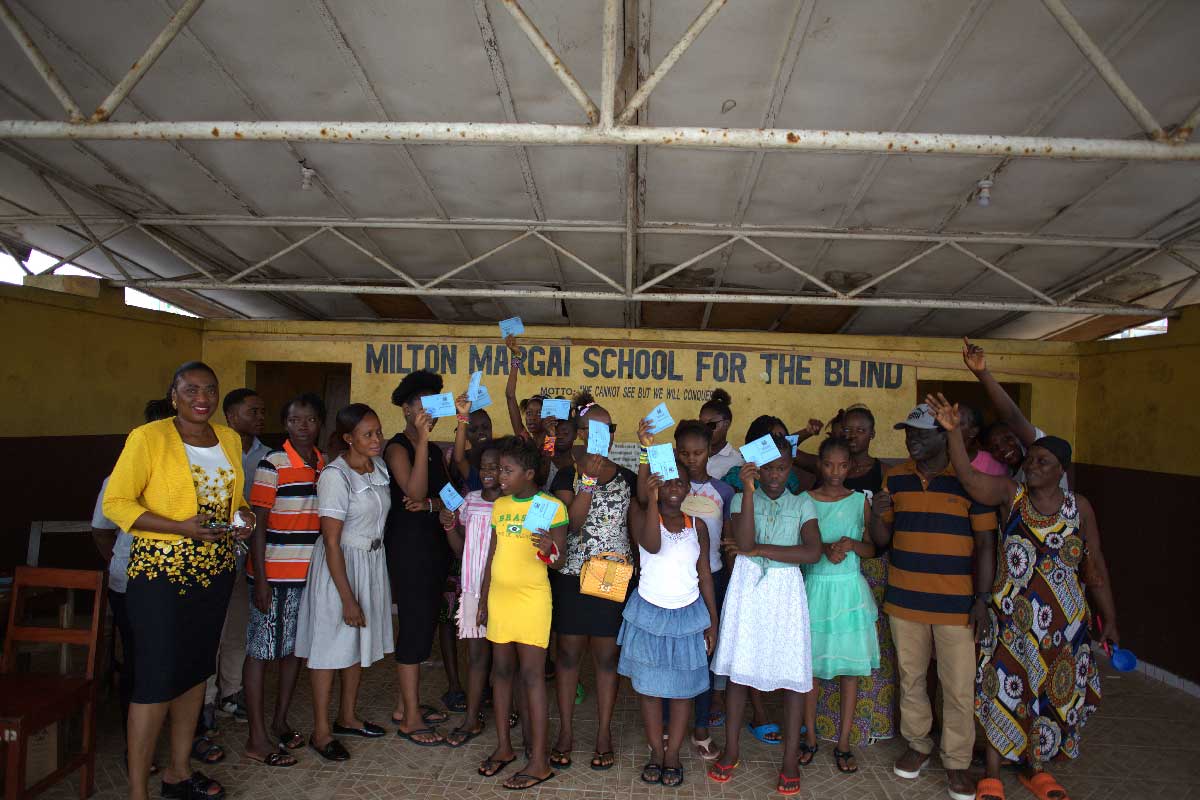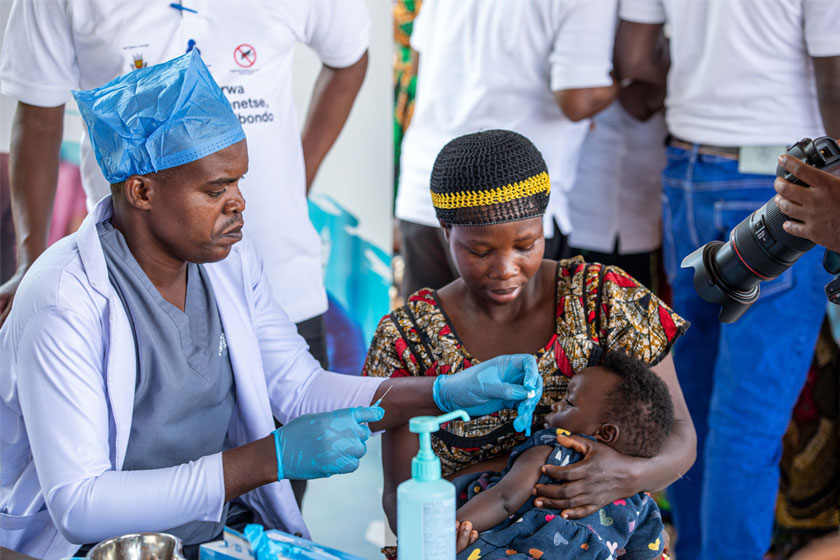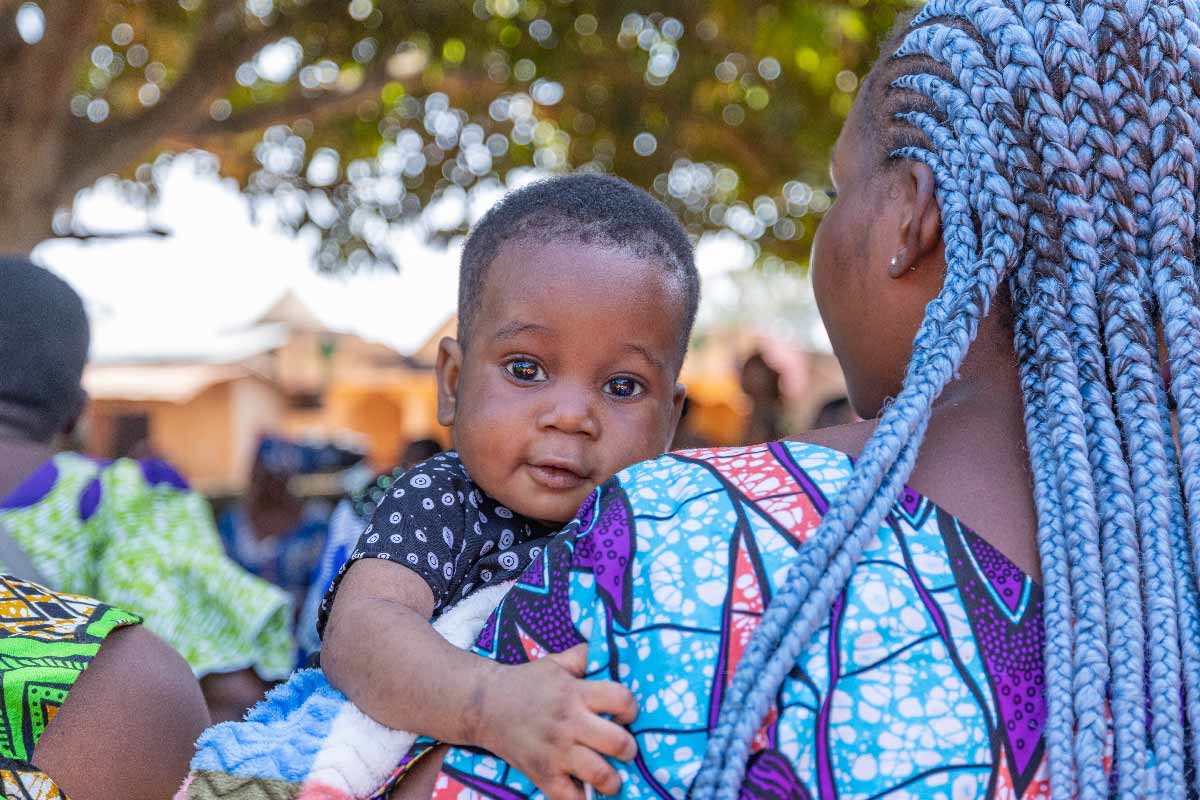How are Gavi's private sector partners stepping up to help fight COVID-19?
Despite the devastating economic impact this pandemic has had on businesses across the world, many are doing their part to bring this crisis to an end.
- 10 June 2020
- 4 min read
- by Gavi Staff
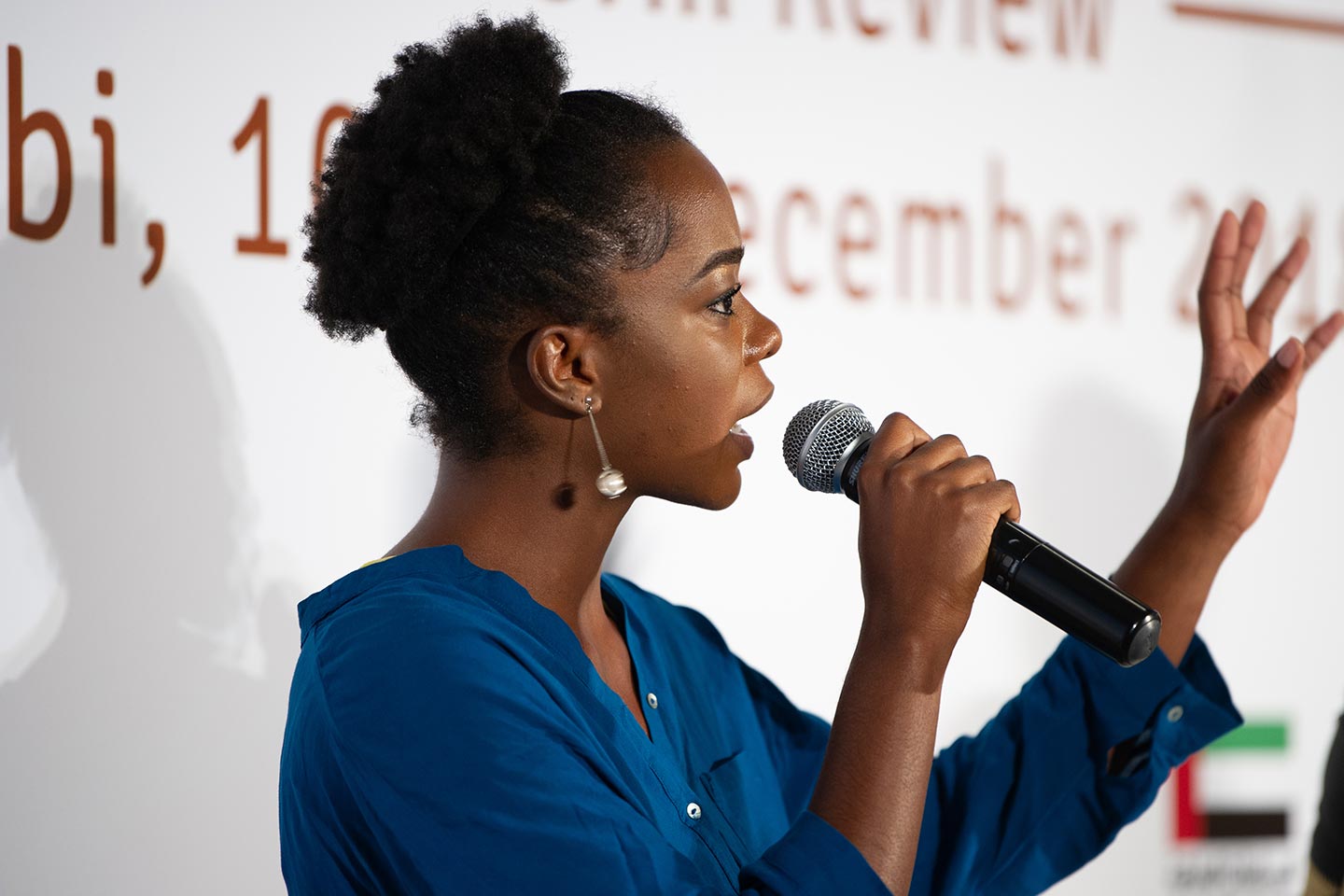
Across the world, with so many governments unprepared for this pandemic, health care workers are striving day and night to care for people suffering from COVID-19. To help, many of Gavi's private sector partners are offering their financial clout, manufacturing power and expertise to support the fight against this new disease.
From the repurposing of factories to produce vital medical supplies, to ramping up production to equip doctors, nurses and health workers on the front line with the protective clothing they need, a whole host of companies have been making a big impact. Some firms have also used their technology to help address the spread of misinformation that has been flying around the digital space.
Supporting the community
Until COVID-19 vaccines are available, frequent handwashing and physical distancing measures are our greatest weapons against the virus. One outcome from the World Economic Forum’s COVID Action platform, which aims to stimulate cooperation among businesses to act on the pandemic, was a donation from Unilever. The world’s biggest soap makers donated €50 million worth of soap and hand sanitiser which is being distributed through the platform to countries most in need.
IT and electronics corporation NEC is also playing its part in reducing the COVID-19 spread. It has delivered 100 thermography cameras for temperature screening to Western African countries. Its AI tech, formerly used to help develop cancer vaccines has also been repurposed to contribute to the COVID-19 vaccine development effort. Its software analysed thousands of DNA sequences that make up the SARS-CoV-2 virus which causes COVID-19 to help identify potential virus molecules that could be used in a vaccine for the global population.
Strengthening healthcare systems
California start-up Zipline is using its technology to support healthcare workers and to help prevent the spread of the virus. It has been using its autonomous drone delivery system to provide health facilities in Ghana and Rwanda with routine vaccines and PPE. The winged drones are also being used to deliver COVID-19 tests samples in Ghana to the two laboratories in the country where they can be analysed.
Staff on the frontline need equipment, but they also need to know how to use it. COVID-19 is a new disease, so doctors and nurses need to be educated in how to treat it most effectively. Last Mile Health has used its online Health Academy to deploy digital training content for health workers facing COVID-19 anywhere in the world. This has already helped train 5,000 frontline healthcare workers in Liberia and is currently supporting the healthcare workforce in Malawi.
Norwegian medical supplies company, Lærdal, has produced 1,000 new ventilators in record time, in response to government orders. According to the Prime Minister, Erna Solberg, "Norway will not need all of them. This means we can contribute internationally with essential equipment for patients who need help breathing." The emergency respiratory equipment is now being distributed globally.
Fighting the ‘infodemic’
Dr Tedros Adhanom Ghebreyesus, Director-General of the World Health Organization (WHO), has said we are fighting the misinformation online just as much as a pandemic. A number of online platforms have made progress, such as the social media giant Facebook which is taking steps to prevent the harmful spread of misinformation about coronavirus on its platform, including incorrect information about the potential vaccines.
Girl Effect, an NGO created by the Nike Foundation, operates an empowering network of social media brands for teenage girls in developing countries. From the start of the crisis the organisation has channelled its energies into publishing evidence-based health information on COVID-19. Chhaa Jaa, its digital-first youth brand in India has been updating Facebook, YouTube and Instagram accounts daily with bespoke COVID-19 content. Its posts convert WHO preventative guidance into bite-sized, easily digestible posts aimed at encouraging girls to stay at home.
Praekelt.Org has teamed up with WHO to develop a Health Alert on WhatsApp. Typing in the word ‘Hi’ – in a variety of different languages – immediately activates a conversation where people can get answers to their questions about COVID-19.
For those not on social media, mobile network Orange has offered to adapt its current platform and share SMS and voice messages containing health information. SMS and voice messages will be sent through the M-Vaccine platform to caregivers, their partners and CSOs to raise awareness of COVID-19.
Funding new treatments
And, while many are confronting the virus head on, research efforts are also underway to find treatments. Mastercard has committed up to US$ 125 million in seed funding to the COVID-19 Therapeutics Accelerator in partnerships with the Bill & Melinda Gates Foundation and the Wellcome Trust. The money will be used to identify potential treatments for COVID-19, accelerate their development and prepare for the manufacture of millions of doses for use worldwide.
There is still much more to be done, but these examples demonstrate how powerfully the private sector is contributing to massive public challenges raised by the COVID-19 pandemic.
